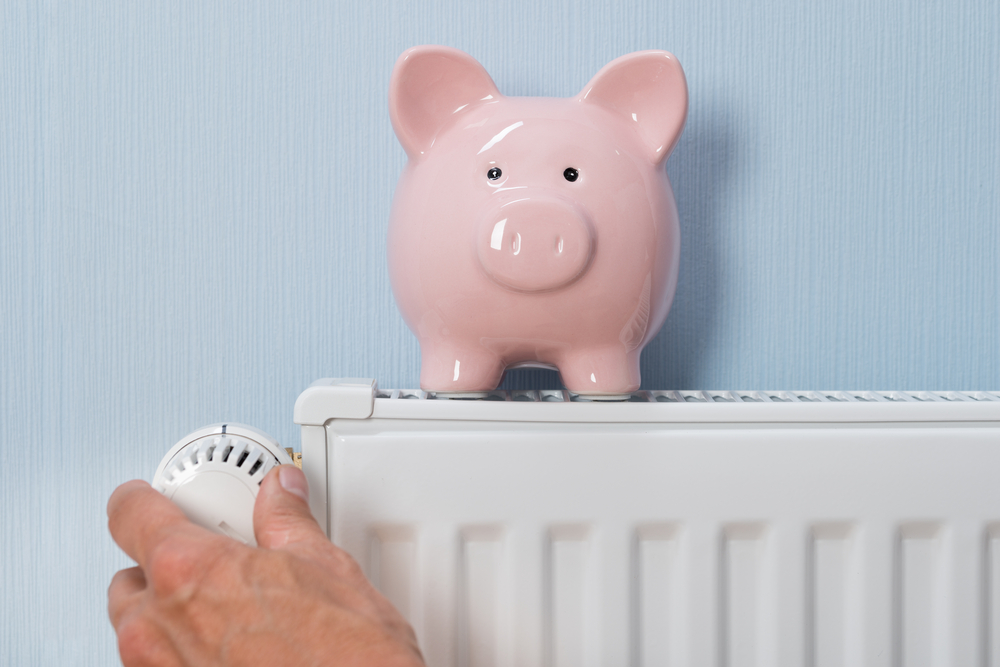Household Bills
Chancellor urged to introduce social energy tariff as millions pushed into fuel poverty

Scores of charities and organisations have clubbed together to urge the Chancellor to introduce a discounted energy scheme for millions of vulnerable and low-income households facing fuel poverty.
In an open letter to Jeremy Hunt, 95 organisations have called for the Chancellor to introduce a targeted social energy tariff once the current protections end in April 2024.
They quote figures from National Energy Action (NEA) which revealed the energy crisis has pushed over 6.7 million UK households into fuel poverty, up from 4.5 million in October 2021.
Once the current Energy Price Guarantee comes to an end in April 2024 (takes average energy bills to £3,000 a year), the NEA suggests fuel poverty figures will rise to 8.4 million.
As such, the charities are urging the Chancellor to consider “as part of your work to protect consumers post April 2024, a targeted support mechanism in the form of a social tariff for the energy market”.
They explain this would be a discounted targeted tariff “aimed at those in greatest need to ensure they can live in their homes comfortably”.

Why Life Insurance Still Matters – Even During a Cost-of-Living Crisis
Sponsored by Post Office
The open letter reads: “We urge you to consider a progressive funding mechanism which ensures those missing out on the social tariff do not have to bear its costs. In our view, this kind of targeted support should be automatically made available to those who need it including: people on means tested benefits, disability benefits, and Carer’s Allowance alongside those still struggling with their bills but missing out on support from the welfare system.
“It also gives the opportunity to remove unfair differentials between different geographies and payment types that currently exist in the market for low income and vulnerable households.”
It added that implementing such a change in the energy market “may well require some legislative changes”, and urged the Government department to “ensure that options for consumer protections post April 2024 are consulted on as soon as possible.”
‘Older people are struggling to get by now’
Research by Age UK, one of the signatories, found that 71% of those over the age of 60 agree that a social tariff should be implemented to help older people and disabled households.
It comes as a quarter are living in homes which are colder than the owners would like them to be, rising to 27% for older people with a disability.
Age UK, Fair by Design, NEA and Scope said they are deeply concerned that further price rises and a withdrawal of universal energy support will leave many older and disabled people in an “increasingly desperate situation”.
Indeed, demand for the charities’ services is high as they’re inundated with calls from people in “dire need”, particularly for those relying on medical equipment like dialysis machines “who are facing a daily struggle to keep their equipment turned on and stay warm and well”.
Caroline Abrahams, charity director at Age UK, said: “Imagine having to choose between staying warm, feeding your family, or powering essential medical equipment. This is the reality for increasing numbers of older and disabled households across the country.
“Older people are struggling to get by now, and that’s before another energy price increase comes their way in a few months’ time. Many will simply not be able to cope with further price rises and we’re extremely concerned their health and wellbeing will pay the price. There needs to be much more protection for those who have no other means of paying such extortionate energy costs. The Government must introduce a social tariff for the energy market whilst prices are so high, and ensure we never face a crisis like this again.”